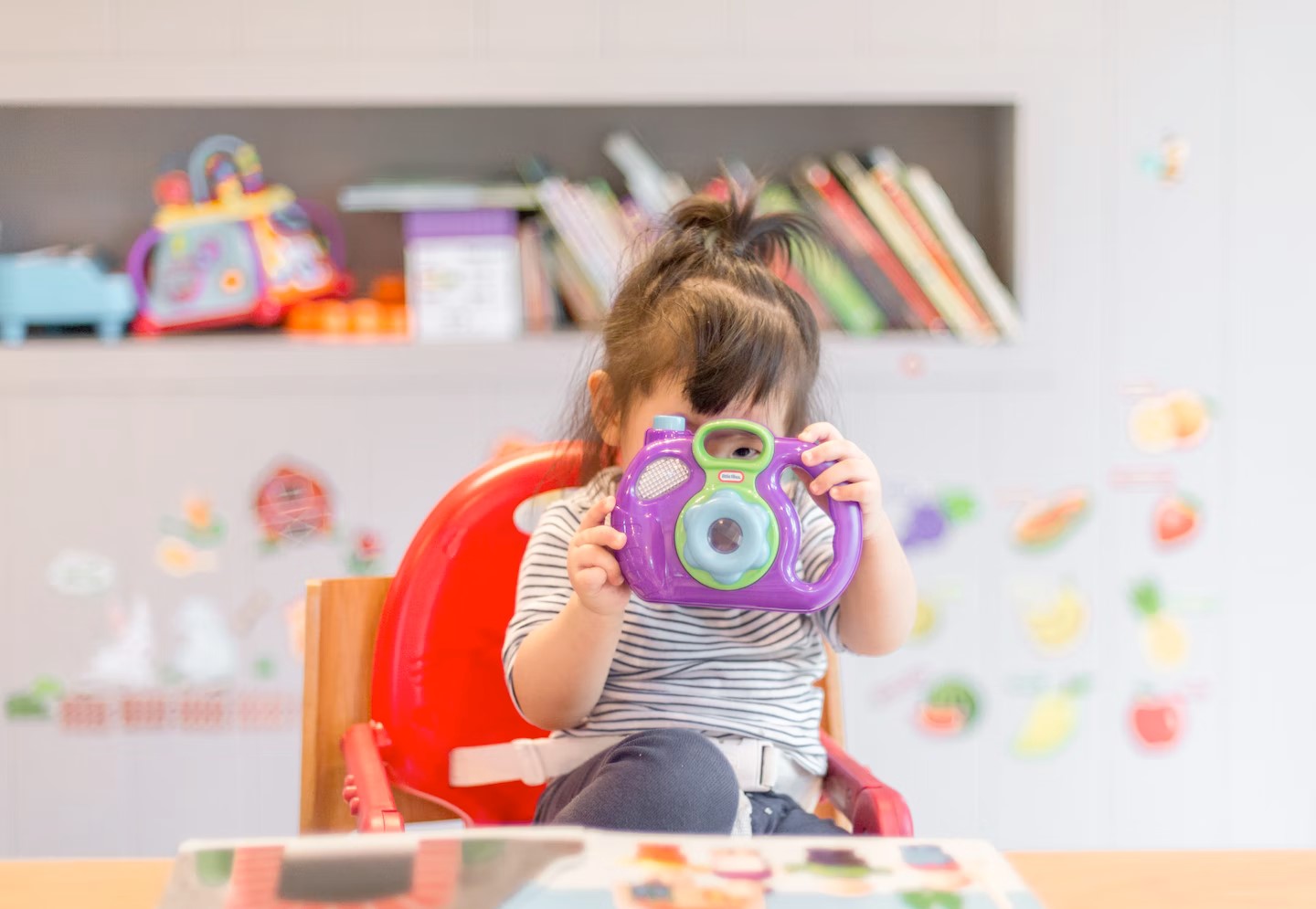The Best Questions to Ask Preschoolers, to Stimulate Their Learning!

Photo courtesy of Unsplash
Eager to teach your preschool child to be a curious learner and critical thinker?
If you’re putting in the work to talk to your child about everything that you see around you, that’s a great first step!
However, consider this scenario: You are walking with your preschooler in a park, and observe chickens running around. Your child remarks, “Why are there so many chickens here?” Would you reply, “Don’t you know that a lot of chickens live here?”
Unfortunately, such parent-child interactions are fairly common. Sometimes, parents are just plain exhausted, and we understand this perfectly! But often, such negative responses are also due to a parent mistaking awareness for intelligence or useful knowledge. If instead, a parent had replied with positive questions — such as “Why do you think that so many chickens have decided to set up home in this park?” and “Where do you think they were living previously?” — the result would be a much more fruitful conversation.
The questions in the second scenario are examples of open-ended questions that stimulate curiosity and thinking. If asking such questions does not come naturally to you, rest assured that it’s a habit you can cultivate. It’ll help your child to be a better thinker, and it’s a way for the whole family to discover the world together.
Read on to find out all about the best open-ended questions to ask preschoolers!
ADVERTISEMENT
5 Types of Open-Ended Questions for Preschoolers
Ready to ignite your preschooler’s curiosity? Here are the most useful questions that you can ask!
Make an informed guess
Let’s say you’re taking your preschooler to the zoo, and there, you ask, “What animal are we looking at?” Unless you make an effort to follow up, questions that involve labelling — such as “What is the name of this animal?” or “What is this animal part called?” — are not useful for developing curiosity.
Instead, go beyond trivia testing and formulate questions that will encourage the whole family to hone their observation and thinking skills. Examples can include “Why do you think the giraffe has such a long neck?” or “Why do you think the polar bear has white fur on its body?” Then look up the answer to see who’s come up with the best guess!
Predict what happens next, or reflect on what has happened
Have you started making read-alouds a daily habit with your preschooler? This is one of the best ways to raise a reader, and you can incorporate thinking skills into your read-aloud sessions, by asking your child what the book might be about, based on the cover illustration. You can also pause during the reading of the story, to ask your child to guess what happens next.
If the story features a conflict or a questionable act, you can also ask, “Why do you think he felt unhappy?” or “Why do you think she did that?” Another form of reflection is to ask, “If you were to give the book a title, what would you call it?”
Take steps to fix a problem
Daily life presents plenty of problems that you can work with your preschooler to solve. For instance, you might say: “Daddy took my phone with him to work by mistake. What do you think we should do?”
If you enjoy playing board or card games with your preschooler, you can help him or her to work out their next move by verbalising each available option and its consequences. Then ask, “Of these, which is the best next move, and why?”
Occasionally, your preschooler will be upset by a problem or situation. When he or she is calm, you can ask “What made you angry or hurt?” If they need to come up with a solution, you can say, “What is something that you could do to feel better?” Follow up with questions like “What do you think would happen if you did this?” and “If it doesn’t solve the problem, what else can you try?”
Check that something is clearly understood
The opportune time to ask your preschooler some clarifying questions is when he or she is picking up new vocabulary. Here’s how to do it: If you’ve just introduced a new word to your child, be sure to give a real-life example to illustrate its meaning, and follow up with, “Can you give an example of this too?” Remember to also let your child practise using the new word, by asking, “How would you use this word when talking to a friend?”
Look for patterns in daily life
Identifying patterns is a way of making sense of information, because one has to connect new information with prior knowledge. For example, if you are reading a story with your child, you can ask, “How is this story similar to the story that we read yesterday?” or “How is this different from yesterday’s story?” You can also introduce opinion questions at this stage, by asking, “Which story did you think was better, and why?”
We hope the above questions will help you to have richer conversations with your preschooler. Need more advice, or want to hear from other parents? Visit the Working With Your Child section on the KiasuParents forum to find a suitable discussion to join, or start your own chat!

